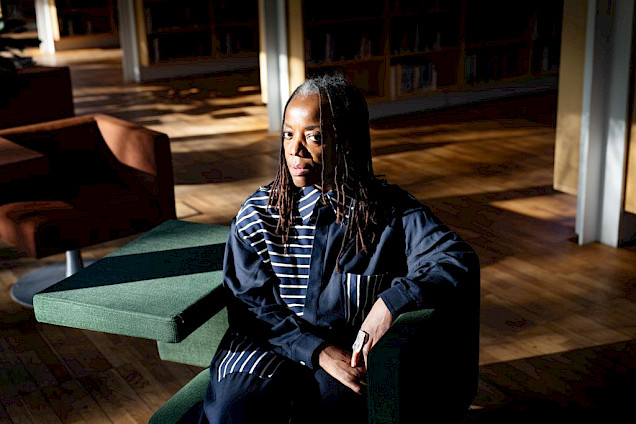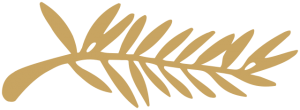EQUAL VOICES
SCRIPT AND FILM ANALYSIS ||| STORY AND SCRIPT DEVELOPMENT
Workshop conducted by Tsitsi Dangarembga, Gabriele C. Sindler & Donat F. Keusch
HARARE | August 12 to 31 | 2024
-
Introduction
The Equal Voices Script and Film Analysis ||| Story and Script Development Workshop offers emerging filmmakers from all over the world the opportunity to improve their story telling skills for the big screen.
In line with the workshop’s aim of equalising voices, African women in particular, and women in general, are encouraged to apply.
The woman founded and led ICAPA Trust in association with dfk*films held the first story and script development workshop in Lagos in November 2023. The second workshop takes place in August 2024 in Harare.
All over the world, money is wasted on making films that don’t find an audience because of their insufficiently developed stories. A good screenplay saves money. A good screenplay finds the appropriate crew, cast and funders.
A problem with film schools around the world is the focus on writing scripts WITHOUT having seriously developed a complete story. Every successful movie is based on a complete story that has been professionally adapted into a script.
On the African continent, the Grand Jury at Fespaco 2015 noted that “We would like to emphasise that the one of the major weaknesses in the films we saw this year was in the script writing, that is, in the development of the story. It is therefore crucial that funds be raised specifically for development, with a view to improving the quality of scripts before they go into production.” FESPACO is the African continent’s biggest and most respected film festival. It is held in Ouagadougou, Burkina Faso biennially.
-
General Information
2.1 Teaching and Learning Objectives
In this workshop the professional analysis of films and screenplays is presented and trained. The participants learn to read scripts on paper and on the big screen. They come to the understanding that a film is much more than its plot, and understand the psychological development that is the human foundation of all impactful storytelling. The participants learn about the various problems writers and consultants are facing when developing a screenplay.
2.2 Beneficiaries
The workshop targets film professionals from elementary to midcareer levels. These are scriptwriters, producers, directors, editors (cutters), story editors, consultants for writers, directors, buyers/investors/distributors, actors, agents in film business and others. In line with the workshop’s aim of equalising voices, African women in particular, and women in general, are encouraged to apply.
Participants are accepted to the workshop in two categories:
- Participants with projects, limited to a maximum of 8 projects represented by at most 2 practitioners respectively, one of whom must be the writer.
- Participants admitted as observers without a selected project.
- The working language is English, a good knowledge of English is essential.
- Eligibility for a CERTIFICATE for participants with a project is conditional on the participant’s entire attendance at the entire course, as well as the completion of the learning tasks.
-
Programme
In preparation for the workshop, the participants must read 5 scripts, study the corresponding films and complete tasks.
The first 12 days of the workshop consist of viewing successful films and analysing these films with respect to the fundamental aspects of screenwriting: character description, development, needs and wants, plot, structure, subplot, setting, pace.
The scripts and films presented during the workshop are classics and new releases. ICAPA Trust will distribute the scripts and the tasks by e-mail to the participants. Active participants complete homework that equips them to apply these principles to their own stories.
All films screened during the workshop are presented with the voice-over analysis by the tutors. The participants are provided with hand-outs on all the significant of the course.
The last six days are reserved for writing on individual projects, with consultations with the trainers. The 18 days of this workshop are intense.
A general overview of the teaching is given below. A detailed timetable may be obtained by request to ICAPA Trust.
Week 1: SCRIPT AND FILM ANALYSIS
The participants learn to identify a good script for a cinematic film. They also learn to identify weaknesses and shortcomings.
The basic elements of professional script analysis are presented and trained:
- Idea, time & space, story, adaptation, sub-story, plot, subplot, synopsis, characters, exposition, topics, subject, archetypes, myths, setting…
- story-step-outline, originality, authenticity, theme, genre, protagonist, antagonist, active & passive main characters, empathy, dialogue, mystery, irony…
- master scene script, shooting script, storyboard, structure, premise, acts, sequence, scene, shot, to establish, conflict, planting & pay-off, aftermath, climax/culmination, denouement, flashback & foreshadowing, universe, god, universality, genre…
- the parts of producers, writers, directors, distributors, sales’ agents, audiences, investors, film markets and festivals, the awards…
Week 2: STORY AND SCRIPT DEVELOPMENT
The selected projects of the participants are further developed with the help of the tutors and their colleagues in group meetings as well as by one-to-one-meetings.
For a successful further training time and practical exercises are inevitable. The participants work on their projects continuously during the workshop. Successful filmmaking is a process of a collective work with very different specialists. The chance to make a great film is bigger if the created crew and cast collaborate well and open minded.
The participants of the 8 to 10 selected projects submit their last version of the script 6 weeks ahead of the workshop as WORD file to ICAPA Trust and to the tutors. Furthermore, the participants submit a 2 to 3 pages version of their story/script. The tutors provide them within 3 weeks with remarks and suggestions supporting the immediate improvement of their projects.
Films are screened and analysed with the goal to present the participants ideas and solutions for their own projects.
The following issues are treated and discussed:
- What are the basic structural elements of a dramatic story and how could a dynamic structure be worked out?
- How to get three dimensional characters?
- What could be the potential “cinema audience” and to which important story and screenplay elements a wider success is related to?
- Which elements are important for the estimation of the market potential?
- What is the only real and important question of script and film analysis – as well as for the writing of a story and a script?
Week 3: COLLABORATION with IIFF
In the third week, the selected projects team members engage in one-on-one-meetings. The participants also attend selected events and film screenings at the INTERNATIONAL IMAGES FILM FESTIVAL FOR WOMEN (IIFF). They use their new skills to evaluate some of the films. This knowledge is consolidated and tested in tasks.
Founded in 2003, the IIFF is a festival presented annually in Harare, Zimbabwe by ICAPA Trust. IIFF provides a platform for film screenings to rural and urban communities of films that promote and encourage audience engagement, dialogue and democratic engagement. IIFF is hosted in August each year in at least four venues, with sixty narratives from across the globe under a selected theme.
-
Outputs and outcomes
Outputs
- New drafts of at least eight film projects
- At least 12 African and European intermediate film professionals trained in film analysis
Outcomes
- Greater knowledge of film story development in at least 12 European and
African filmmakers
- Greater knowledge of film analysis in at least 12 European and
African filmmakers
- Greater potential for the knowledge gained by the 12 European and African beneficiaries to be shared with other filmmakers, thus enriching the respective filmmaking in the countries of the participants
- More successfully films realised in the countries of residence of the participants
- An international community of writers who can criticise each other to achieve better screenplays
-
Conclusion
As a result of this workshop the participants learn how a professional analysis of a screenplay for a low budget or a big budget or high concept or so-called art-house, or any other kind of film, should be conducted. Writing and analysis are clearly separated. Participants learn that writing must be free to make mistakes – writing is hard work, and is, according to Billy Wilder, “misery”. Participants learn that they must write at least 90% nonsense to achieve to what they really want to portray. They learn that most of the successful writers work with experienced “sparring” partners for the analysis process, in order to figure out what pushes them to develop their particular story and script faithfully with respect to that drive. Finally, the workshop is designed to establish a community in which the participants will act as sparring partners for each other.
After the workshop some projects will be selected for further treatment. Each of the selected projects will have the opportunity of three more sessions with the tutors by e-mail and zoom meetings until end of January 2025.
-
Organizational Background
The Institute of Creative Arts for Progress in Africa (ICAPA Trust) engages with all aspects of creative art, including training, arts entrepreneurship and production of creative arts products that grip, entertain and transform audiences, as well as research and publications. ICAPA fosters creativity of expression in all the arts and brings them together in the form of the audio-visual narrative. It fosters those works of arts, particularly in the powerful audio-visual media that are imbued with a strong spirit of confidence and courage, and knowledge of how this confidence can be brought to bear in the democratic development of Africa. ICAPA fosters new ways of thinking that bring about social change throughout the creative economy.
dfk*script*service evaluated 3000 screenplays and has been committed to improving story and script writing at film schools and in further training programs. Experienced in film production and distribution, as well as the interaction with script specialists helped to develop a unique successful base for our script analysis system: the dfk*40-steps-method.
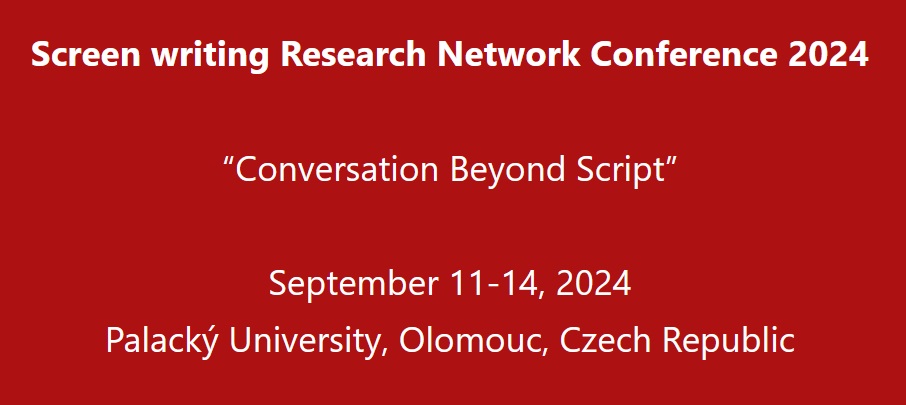
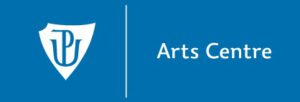
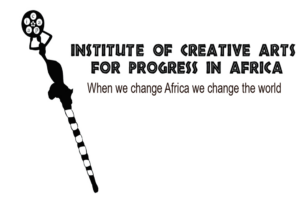
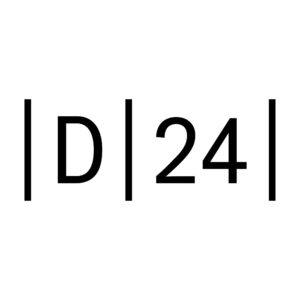
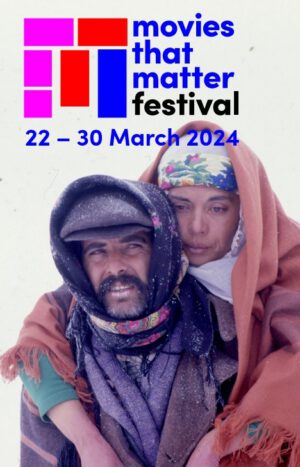
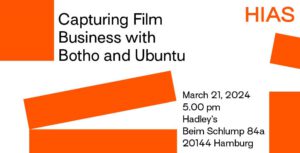
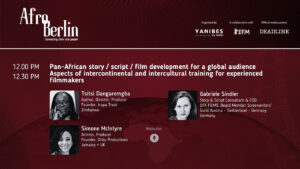
![Martin Kraft [CC BY-SA (https://creativecommons.org/licenses/by-sa/3.0)]](https://www.dfkfilms.com/wp-content/uploads/2019/01/mjk-15567-logo-berlinale-128px.jpg)

